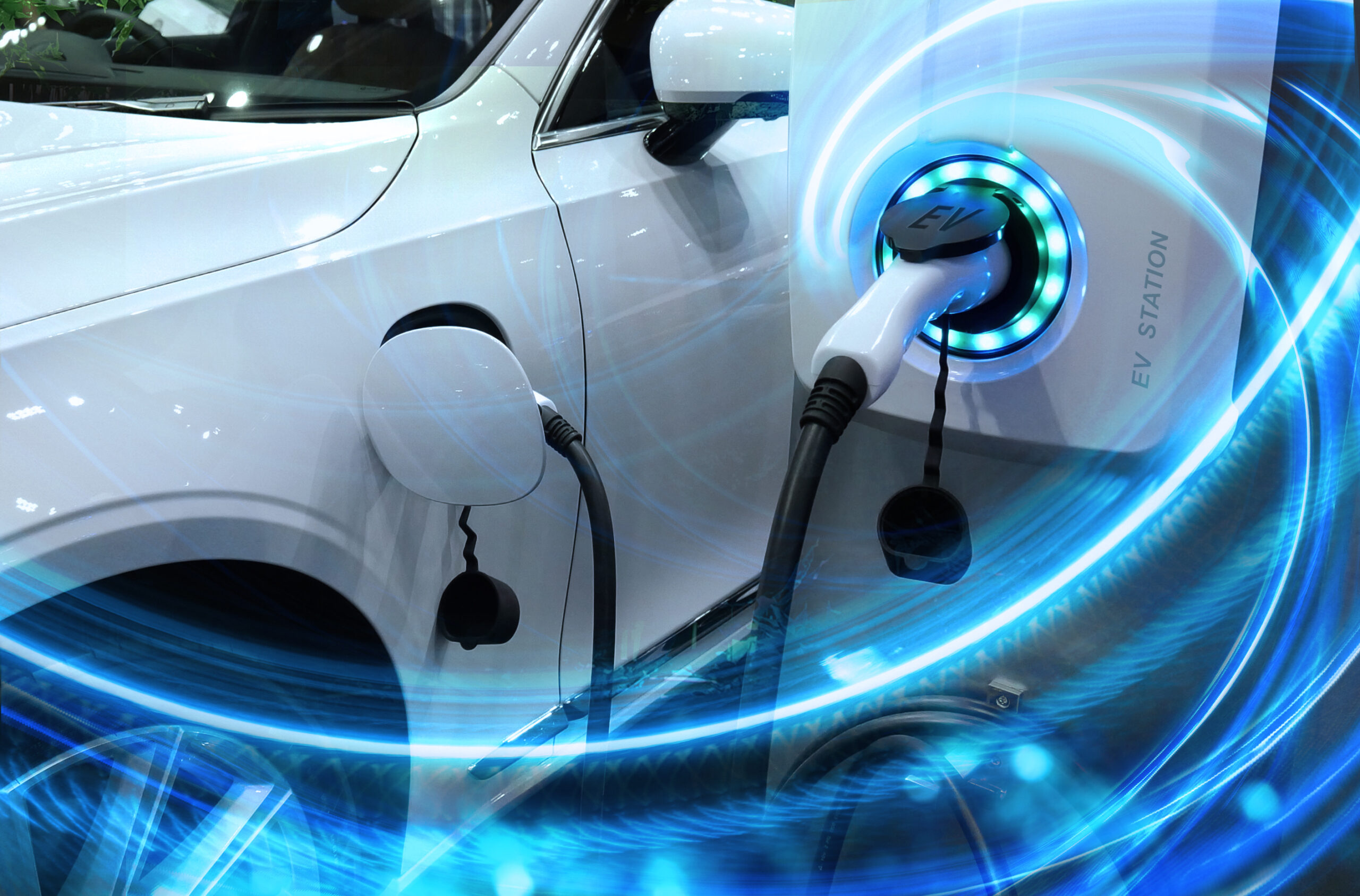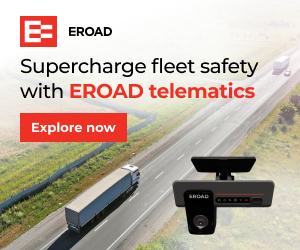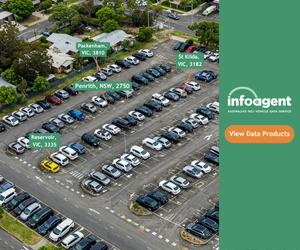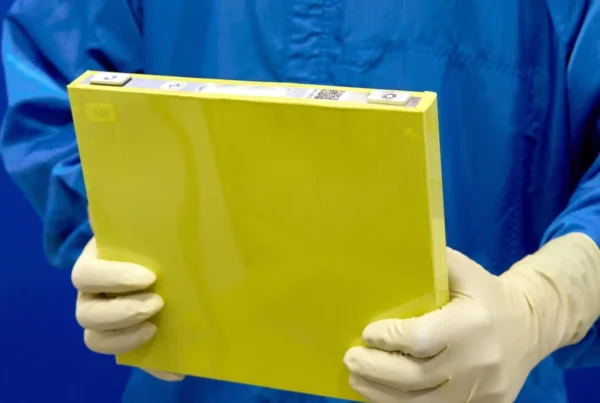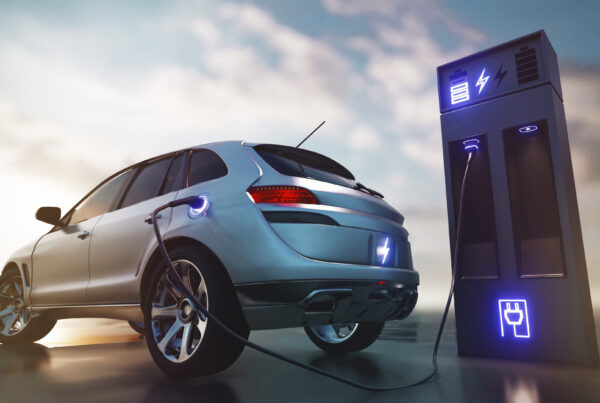The electric vehicle market in Australia has seen some steady growth over the past few years thanks in part to various incentives offered by State and the Federal government. In recent months, however, there has been a shift in these incentives which may impact individual consumers, businesses, and fleets alike.
If your organisation is considering making the switch to EVs this year, it’s crucial to understand what rebates are available. Here’s a comprehensive overview of the EV rebate landscape in Australia in 2024.
What’s Going on in Different States
In late December, South Australia (SA) announced that it would be discontinuing rebates for consumers and businesses looking to purchase EVs beginning January 1, 2024.
According to the SA Department of Treasury and Finance, people who have purchased eligible vehicles before the end of the rebate scheme but are still waiting for the delivery of the vehicle are still eligible to receive a subsidy whether it has been registered by that date or not.
New South Wales (NSW) and Victoria also announced last year that their EV rebates will be axed. Victoria stopped offering it $3000 EV subsidy in July 2023 while Victoria repealed its rebate and free stamp duty beginning January 1, 2024.
Meanwhile, Western Australia (WA) is still offering a $3,500 rebate for EV buyers. According to the WA government, it has disbursed a total of $12,775,000 for 3,650 electric cars, with a cap set at 10,000 cars.
On the other hand, Queensland (QLD) currently provides a means-tested rebate of up to $6000 for individuals with a total household taxable income equal to or less than $180,000 per annum. For businesses, QLD offers a $3000 rebate for eligible zero-emission vehicles (EVs) up to the original dutiable value of $58,000 (including GST).
Fleet Incentives and Federal Support
In NSW, the third round of its EV Fleets incentive program for businesses, not-for-profits, hire companies, and local councils closed mid-last year. No announcements have been made yet for a fourth round in 2024.
On the other hand, the Federal Government passed the Electric Car Discount Bill and November 2022 (retrospective to July 2022). This offers a discount of up to $2000 off the purchase price of battery-electric (BEV) and plug-in hybrid vehicles (PHEV), as well as Fringe Benefits Tax (FBT) exemptions for fleets and novated leases.
Furthermore, the Federal Government has committed to legislating a Fuel Efficiency Standard which aims to put a cap on the average CO2 emissions on all vehicles sold in Australia. Once implemented, it is expected to boost EV supply and competition mostly due to the potential financial penalties for non-compliance.
In terms of FBT savings, this has grown to $9000 per annum for an employer or $4700 for an individual with a salary sacrifice agreement for vehicles costing $50,000. Meanwhile, for vehicles costing $70,000, the cost savings is $14,000 or about 20% of the purchase value.
Meanwhile, the Luxury Car Tax threshold for low-emission vehicles has been raised to has been raised to $89,332 for the 2023-24 financial year.
Final Words
Australia’s EV landscape is continuously changing with rebate programs in some states coming to an end. However, prospective EV buyers can still rely on substantial incentives, FBT exemptions, and the Clean Car Discount bill. As we move towards more sustainable mobility, it’s important to stay up to date about the discounts available for both individual and fleet buyers.
Did you find this article interesting? Click the ‘heart’ button above to give it a ‘like’.

